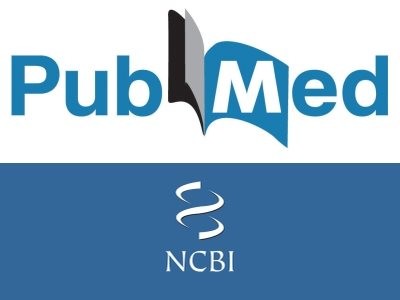Contingency Management Is Effective in Promoting Abstinence and Retention in Treatment Among Crack Cocaine Users in Brazil: A Randomized Controlled Trial.


PubMed – NCBI
Contingency Management Is Effective in Promoting Abstinence and Retention in Treatment Among Crack Cocaine Users in Brazil: A Randomized Controlled Trial.
Abstract
Crack cocaine dependence has become a severe public health problem in Brazil, and current psychosocial approaches to this problem have shown little or no effectiveness. Although contingency management is among the most effective behavioral treatments for substance use disorders, it has never been applied in the treatment of crack cocaine-dependent individuals in Brazil. The aim of this study was to evaluate the efficacy of incorporating contingency management into standard outpatient treatment for crack cocaine dependence, as well as the impact that doing so has on treatment attendance, retention in treatment, maintenance of abstinence, and the frequency of substance use. We evaluated 65 treatment-seeking, crack cocaine-dependent individuals, randomized to receive 12 weeks of standard treatment plus contingency management (STCM; n = 33) or 12 weeks of standard treatment alone (STA; n = 32). Those in the STCM group received monetary incentives for being abstinent, earning up to US$235.50 if they remained abstinent throughout the entire treatment period. The STCM group participants attended a mean of 19.5 (SD = 14.9) treatment sessions, compared with 3.7 (SD = 5.9) for the STA group participants (p < .01). Those in the STCM group were 3.8, 4.6, and 68.9 times more likely to be retained in treatment at weeks 4, 8, and 12 than were those in the STA group. The likelihood of detecting 4, 8, and 12 weeks of continuous abstinence was 17.7, 9.9, and 18.6 times higher in the STCM group than in the STA group (p < .05). Compared to the STA group, the STCM group submitted a significantly higher proportion of negative samples for crack cocaine, delta-9-tetrahydrocannabinol, and alcohol (p < .001) when all expected samples were included in the denominator but not when only submitted samples were considered. The average monthly cost/participant for incentives was $29.00. Contingency management showed efficacy in a sample of Brazilian crack cocaine users. The intervention holds promise for broader application in international settings. (PsycINFO Database Record
(c) 2016 APA, all rights reserved).

